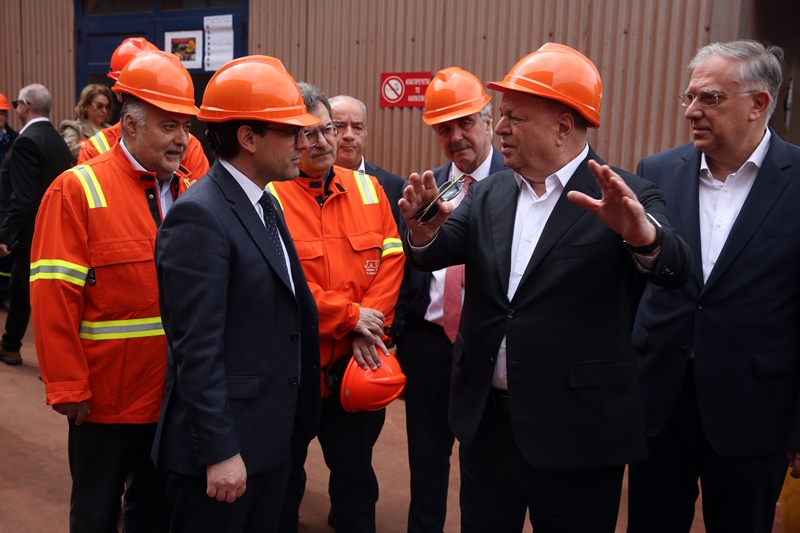
The European chemical industry is currently facing significant challenges. Over the past two years, twenty manufacturing sites have been closed across Europe. Recently, Dow announced the closure of three factories in Germany and the UK, citing high production and energy costs, stringent regulations, and weak demand as key factors.
The chemical hub near the port of Antwerp is also feeling the pressure. According to European Parliament member Wouter Beke (CD&V/EPP), chemical facilities at the port are operating at “historically low levels.” “In the first quarter of this year, production capacity utilization was only 67.4 percent,” he noted.
The European Commission is planning to take action. “Chemistry is the backbone of all industries: over 96 percent of goods produced rely on chemical substances. This is our strategy to secure the future of this vital sector in Europe,” stated Vice President Stéphane Séjourné during the action plan announcement on Tuesday.
The Commission intends to form a ‘critical chemical alliance’ with member states and stakeholders to address the risks of factory closures. They will compile a list of production sites and steam crackers crucial for the European economy. These sites may receive financial backing and safeguards against unfair competition from non-EU countries.
Additionally, the Commission aims to lessen the administrative burden on the sector. This “simplification” will involve changes to the labeling of hazardous substances and regulations for fertilizers and cosmetics, potentially saving the industry around 360 million euros each year.
The Belgian Greens have expressed discontent with this approach. “While the chemical sector faces significant challenges as the largest industrial sector in Belgium, the solution lies in accelerating greening and innovation, not in rolling back laws that protect our health and environment,” commented Member of the European Parliament Sara Matthieu (Green).












Leave a Reply